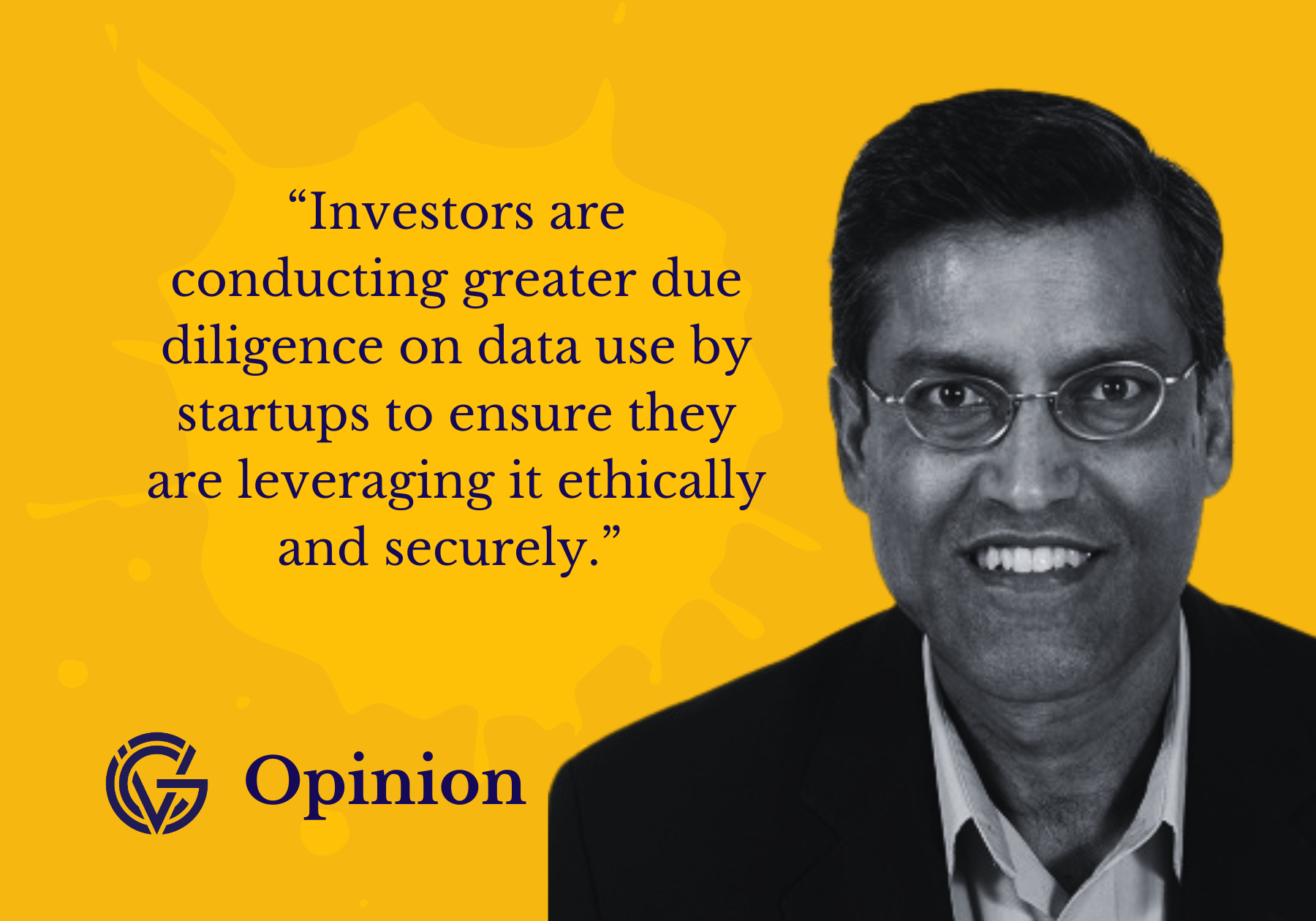
Startups are facing a challenging fundraising environment and investors are taking a conservative approach and being selective about what they choose to invest in. But there is great opportunity in a number of areas, and I am optimistic about the innovation occurring in the entertainment, climate tech, Web3 sectors. Increased attention on data — and how it is sourced, managed and used — will also create new opportunities.
These are some of the trends I expect to see in 2025:
1. Combining real-world and virtual experience for game fans
Gaming is one of the leading forms of entertainment globally, with over three billion individuals participating in some form. As game developers enhance existing titles and introduce new ones, fandoms become increasingly enthusiastic about their gaming experiences. Game developers are fostering new levels of engagement by creating real-world, game-inspired ecosystems that include experiences, physical venues, and platforms that enable fandoms to come together.
These ecosystems—combining both virtual and in-person aspects—will allow fans to converse with other players, learn new strategies to beat the most challenging levels, preview new updates, or simply admire their favourite games. They will also create new opportunities for monetisation through virtual and physical goods, exclusive content, and live events.
2. AI will speed up climate tech innovation
Despite falling funding for climate tech startups and some doubts over political commitments to sustainability, innovation in the sector will undoubtedly continue.
Through our exploration of the global climate tech landscape, we are beginning to see early-stage companies merge modern sensing technologies with physical AI models that expedite the discovery of novel compounds — including battery chemistries and non-petroleum-based materials. AI may also help create new weather forecast models. Overall, there is an opportunity to apply a “software mindset” to the climate tech sector to accelerate the development of new solutions. Software will be a key enabler for the transition to a low-carbon economy through data analysis and efficient resource management, including optimisation of renewable energy operations, tracking carbon emissions, analysing environmental data, managing energy consumption, and supporting businesses in achieving their sustainability goals.
The power grid is also facing increasing pressure from the rapid expansion of datacentres, electric vehicle use, and the need for more computing power. To address this pressure, greater innovation is required in renewable energy generation and the orchestration of large-scale battery storage systems and mobile power through grid optimisation software.
3. Advances in Layer 2, Zero Knowledge, and AI will move Web3 forward
In the Web3 space, the infrastructure stack supporting decentralised applications will keep maturing. We expect this activity particularly in Layer 2 (L2), where applications built on top of different blockchains, such as Ethereum to improve its performance. These applications will continue to make Web3 applications faster, cheaper and more secure.
There is also progression towards Zero Knowledge (ZK) proofs, which will enhance privacy and security in Web3 transactions. These still require substantial costs and resources, but enhanced hardware accelerators and proving networks are making progressing in reducing these.
There are also new opportunities for blockchain in relation to AI. As we move toward a new era of multi-agent systems and cross-model orchestrations, there will be greater demand for a strong machine-to-machine, code-to-code infrastructure. This will facilitate the automatic transfer of value and reward node participants while bringing the advantage of ensuring proper attribution and licensing for training data used in large AI models. On a broader level, the demand for this infrastructure will form a foundation for effective and scalable ways to tokenise various types of intellectual property (IP) on-chain.
4. Startups’ data use comes under scrutiny
As each year passes, data becomes increasingly valuable to industries like entertainment, mobility, financial services, retail, and more. Technologies within those industries—from AI and cloud computing to blockchain and augmented reality—rely on it to improve functionality and user experiences.
There is a greater focus now on what specific data is used, how it is used, where it is derived from, and how it will be kept secure and private. This spotlight on data will impact startups and potential investments.
Investors are conducting greater due diligence on data use among the startups they are considering investing in to ensure they are leveraging it ethically and securely. Only startups that effectively showcase responsible data sourcing, usage, and management will gain a competitive advantage in the eyes of investors. Companies that cannot demonstrate these practices will likely see slower investment, even if their technology shows great promise.
Austin Noronha is Managing Director-US Sony Ventures, the corporate venture capital arm of Sony Group Corporation that manages the Sony Innovation Fund.








